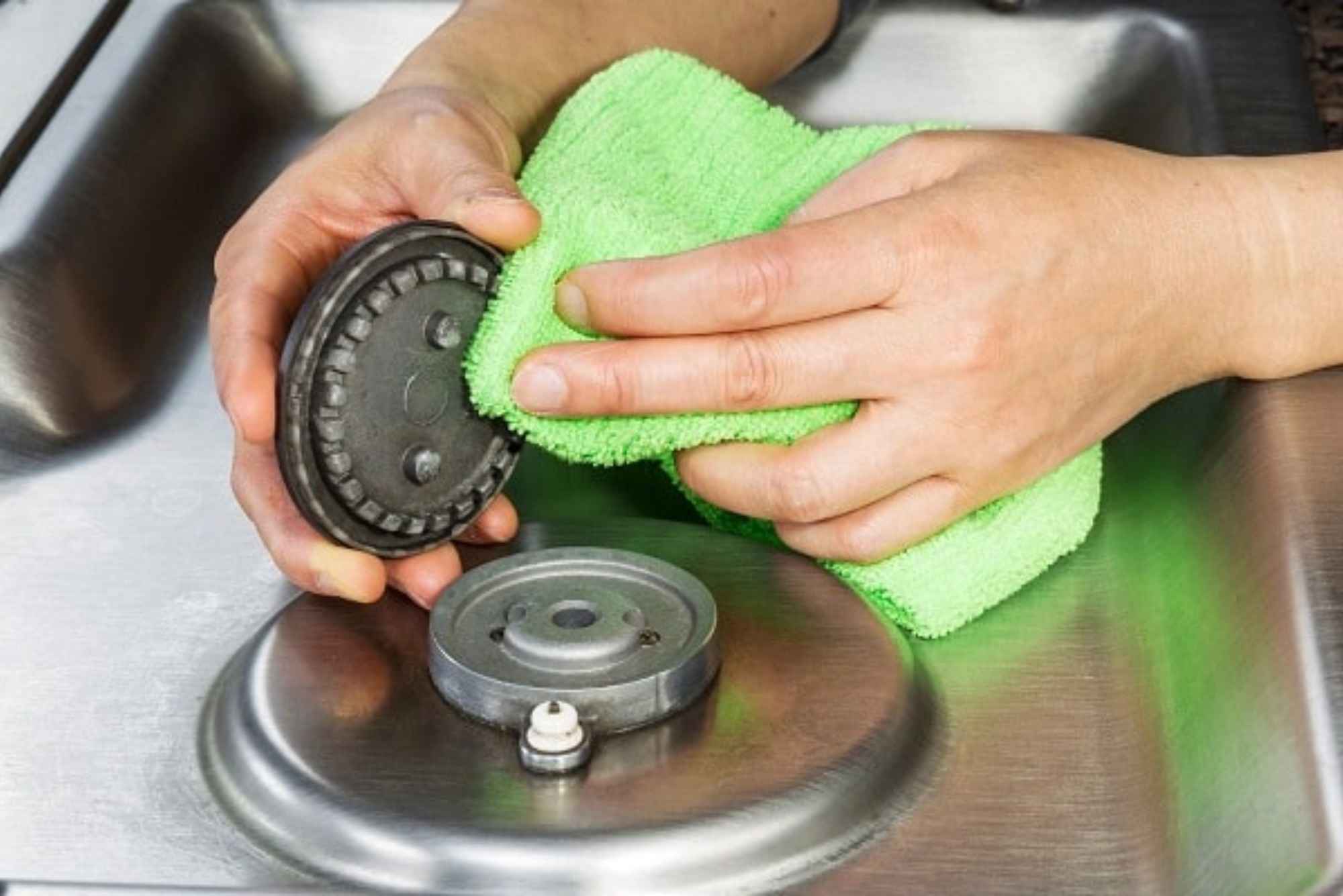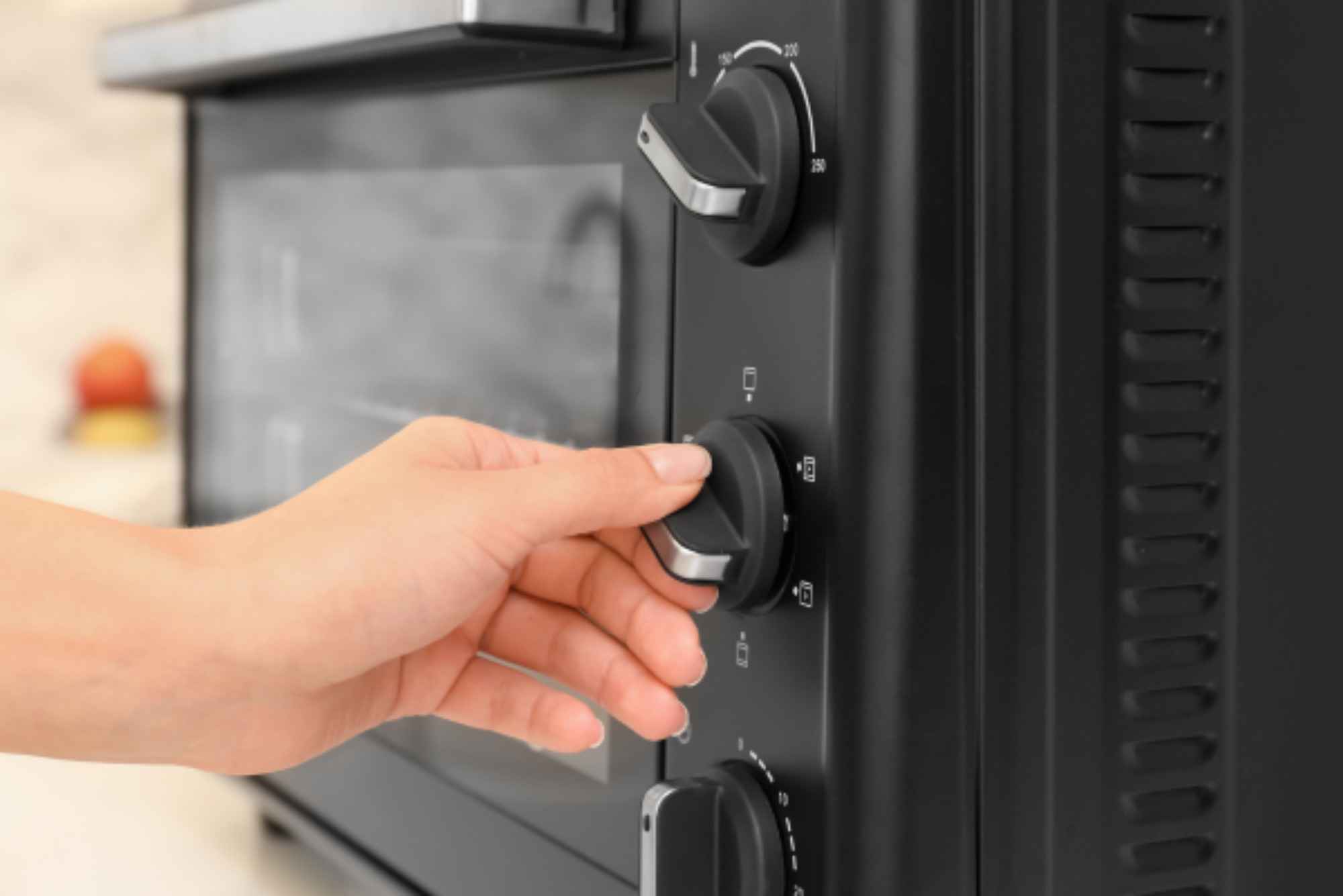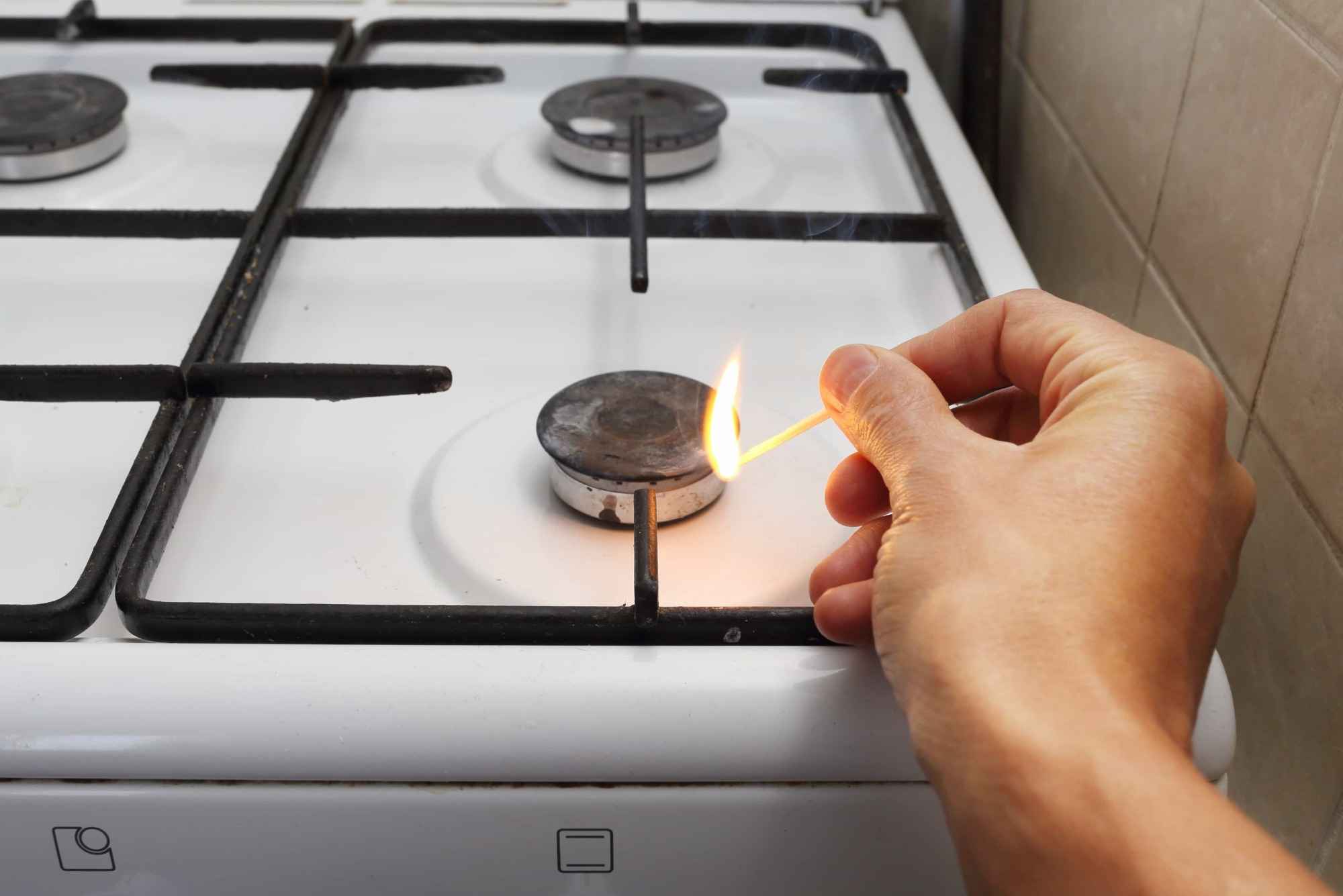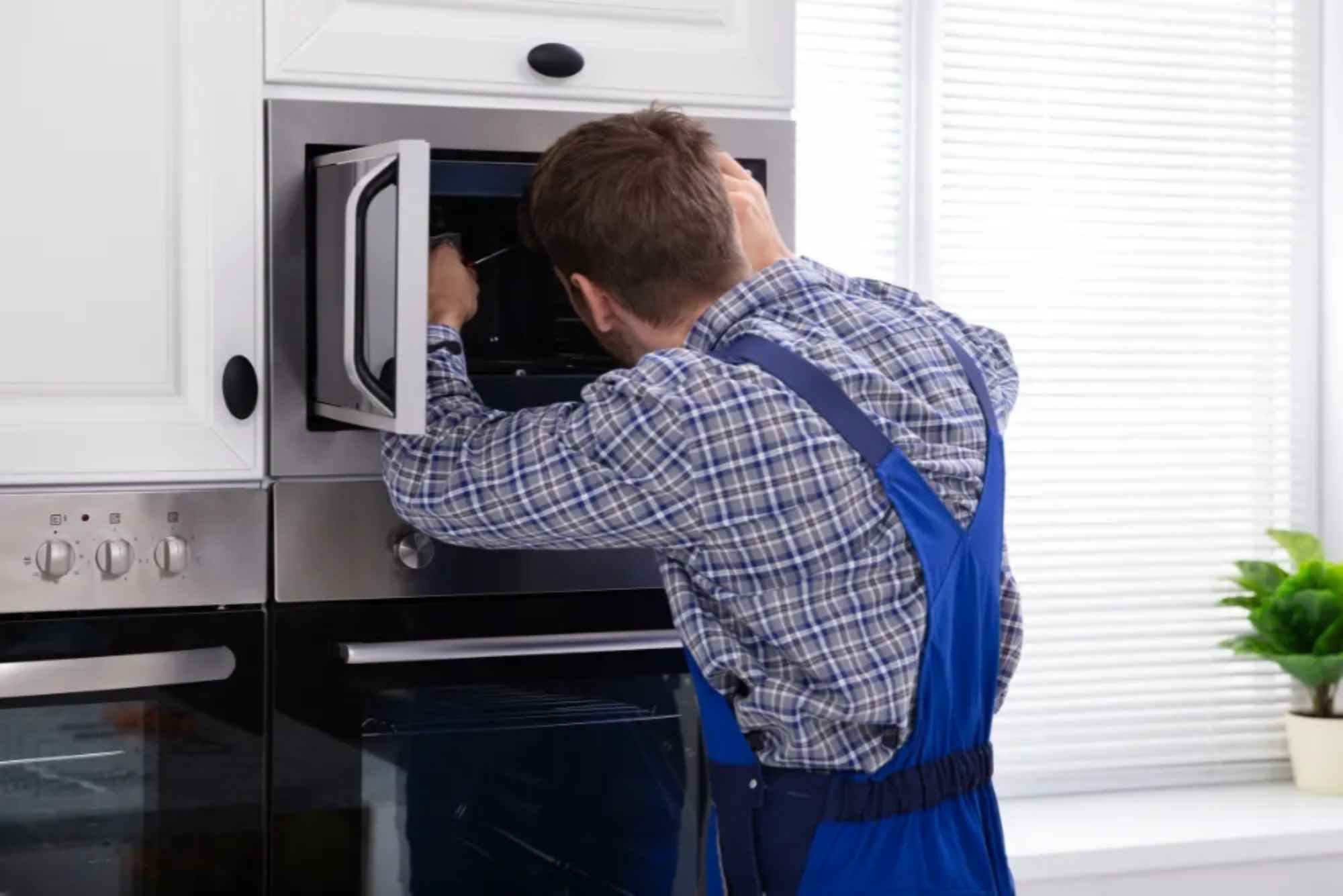A stove that refuses to light properly can be one of the most frustrating issues in any kitchen. Whether it’s a gas stove that clicks without igniting or an electric one that fails to heat up, this common problem can disrupt daily routines and even pose safety risks. Understanding the causes behind faulty stove burners and knowing when to call professional repair experts can make all the difference in keeping your appliance safe and efficient.
Understanding the Importance of a Functional Stove
The stove is one of the most essential appliances in any home, used multiple times a day to cook meals, boil water, or heat food. When the burner doesn’t light correctly, it not only delays cooking but also wastes gas or electricity. In gas stoves, unlit gas can build up and create safety hazards, while in electric stoves, a faulty burner can lead to inconsistent heating. A properly functioning stove ensures both safety and convenience, allowing you to prepare meals efficiently.
Common Reasons Why Stove Burners Fail to Light
Several factors can cause a stove burner to stop lighting properly. In most gas stoves, the issue is related to ignition problems, while in electric stoves, it often stems from faulty heating elements or wiring. Food debris blocking the gas flow, worn-out igniters, moisture buildup, or damaged control knobs can all contribute to lighting failures. Sometimes, the issue lies deeper, such as with a defective gas valve or wiring issue within the appliance. Identifying the root cause is the first step toward effective repair.
Gas Stove Burners and Ignition Problems
Gas stoves rely on a steady flow of gas and a working igniter to produce a flame. When you turn the knob and hear clicking but see no flame, it’s often a sign that the igniter isn’t creating enough spark or that the gas isn’t reaching the burner head. Dirt, grease, or residue buildup can block the small holes where gas flows out, preventing ignition. In other cases, the igniter may be cracked, weak, or improperly aligned. Regular maintenance and cleaning can help prevent these issues, but once the igniter wears out, it usually needs to be replaced by a technician.
Electric Stove Burners and Heating Failures
For electric stoves, the problem is usually different. If your stove’s burner isn’t heating properly, the culprit could be a damaged heating coil or internal wiring fault. A malfunctioning switch or temperature control can also cause uneven heating or complete failure. Testing electric stove components requires safety precautions, as these systems involve high voltage. It’s best to have a professional inspect and repair any faulty parts to avoid electrical hazards and restore reliable performance.
The Role of the Igniter in Stove Operation
The igniter is one of the most crucial components in gas stoves. It produces the spark necessary to ignite the gas flow, ensuring the burner lights instantly and safely. Over time, igniters can weaken, accumulate carbon, or become corroded due to moisture exposure. When this happens, the spark becomes weak, causing delayed ignition or no ignition at all. Replacing a damaged igniter can immediately restore normal operation and reduce the risk of gas buildup.
Professional Inspection and Diagnosis
A professional stove repair technician begins by inspecting the entire appliance. They check for gas leaks, test the igniter, examine wiring connections, and clean out any debris that may be blocking the burner. Using specialized diagnostic tools, the technician can pinpoint the exact issue — whether it’s mechanical, electrical, or gas-related. This ensures that only the faulty component is repaired or replaced, saving time and money while preventing future breakdowns.
Safety Concerns When a Burner Fails to Light
When a stove burner doesn’t light, safety should be the top priority. Gas leaks can lead to dangerous situations if the problem is ignored. Even a small amount of unburned gas can cause strong odors and potential fire hazards. Electrical issues in electric stoves also carry risks of short circuits or electric shocks. Turning off the appliance and avoiding repeated ignition attempts until the issue is diagnosed is essential. Professional repair ensures your stove operates safely without any underlying danger.
Steps in a Professional Stove Repair Service
The stove repair process typically involves several key steps. First, the technician performs a full safety inspection to ensure no gas or electrical hazards exist. Next, they disassemble the affected burner and test components such as the igniter, gas valve, or coil. Once the defective parts are identified, they are cleaned, repaired, or replaced as needed. Finally, the technician reassembles the stove, performs ignition tests, and confirms that each burner operates efficiently. This step-by-step repair ensures long-term functionality and reliability.
Preventive Maintenance for Long-Lasting Performance
Regular maintenance is essential to avoid future ignition problems. Keeping the burner heads clean, avoiding spills near the igniter, and scheduling periodic inspections can extend your stove’s lifespan. Gas stoves benefit from annual servicing, which includes checking gas connections and pressure. Electric stoves should have their coils and controls inspected to ensure they heat evenly. Preventive care not only reduces repair costs but also enhances the safety and energy efficiency of your appliance.
When to Replace Instead of Repair
While most burner issues can be repaired, there are times when replacement is the better option. If your stove is more than ten years old and frequently experiences ignition problems, it may no longer be cost-effective to continue repairs. Replacing the unit with a newer, energy-efficient model can save on long-term maintenance and utility costs. A professional technician can assess your stove’s overall condition and recommend whether repair or replacement is the smarter investment.
Why Professional Stove Repair Is Worth It
Hiring a qualified stove repair expert ensures that the problem is fixed correctly and safely. Professionals have the knowledge, experience, and tools required to diagnose issues accurately and make reliable repairs. They also use genuine replacement parts that meet manufacturer standards. Attempting DIY repairs on gas or electric stoves can be risky and may void the warranty. A professional service not only restores your stove’s performance but also gives you peace of mind knowing your kitchen is safe.
Restoring Efficiency and Safety to Your Kitchen
A properly functioning stove ensures that cooking remains efficient, safe, and enjoyable. When the burner doesn’t light properly, it disrupts your daily routine and can lead to bigger safety issues if ignored. Professional stove repair brings your appliance back to optimal performance, eliminating ignition problems and improving reliability. Regular servicing and timely repairs guarantee that your stove continues to meet your cooking needs for years to come.
A stove burner that isn’t lighting properly is more than a minor inconvenience—it’s a problem that requires prompt and professional attention. Whether caused by a faulty igniter, gas blockage, or electrical issue, the solution begins with expert diagnosis and repair. By trusting professional stove repair services, you not only restore your appliance’s performance but also ensure the safety and efficiency of your kitchen. Regular maintenance and proper care will keep your stove in excellent working condition, providing reliable service every time you cook.




